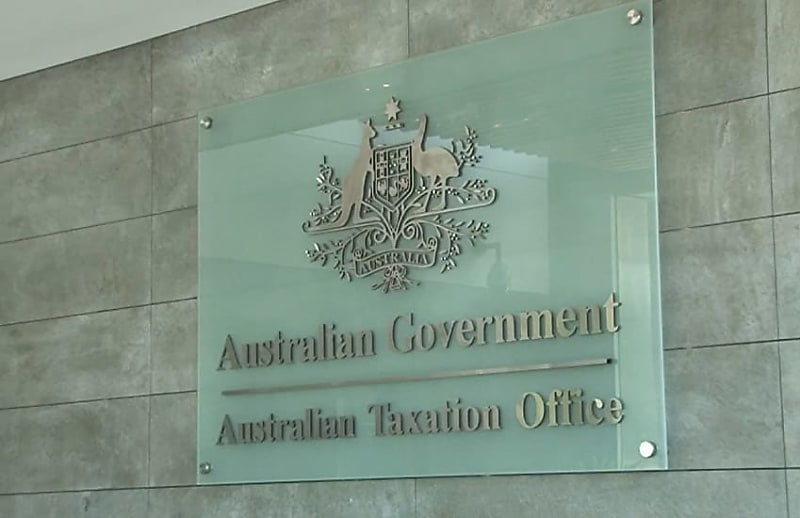The ATO has extended the property management data-matching protocol for 2025–26, with recent results from the program identifying some of the common errors being made.
The data-matching program was established to help the Tax Office protect public revenue and maintain community confidence in the integrity of the tax and super systems.
You’re out of free articles for this month
The ATO first began collecting this type of data from 2018–19 and will continue to do so for the 2023–24 to 2025–26 financial years.
The objective of the program is to identify and educate individuals and businesses that may be failing to meet their registration or lodgement obligations.
This is done by helping them lodge income tax returns, correctly reporting assessable income and deductions from a rental property, and complying with capital gains tax obligations for properties used to derive rental income.
The data-matching program also aims to gain insight to help develop and implement strategies as well as promote voluntary compliance and increase community confidence.
The ATO said recent software providers are required to give details of rent and expense for residential rental properties managed by a property manager as part of the program.
“This information, together with rental data from banks, landlord insurers, rental bond authorities and sharing economy providers gives us insight to common investment property mistakes,” the ATO said.
According to the Tax Office, recent results from property data matching found multiple common errors.
This included the reporting of net rent instead of gross rental income that results in the same expenses being claimed a second time.
Properties are being omitted from returns and properties owned by multiple stakeholders are only having one of the stakeholders reporting the property, when both are required to.
Another error includes individuals failing to report the rental income received when purchasing an already tenanted property that the new owner intends on living in.
Capital works or depreciating assets are also being commonly claimed as repairs and maintenance when they shouldn’t be, according to the ATO.
The ATO said the data collected under the program is used to support the correct reporting of rental income, expenses, and capital gains tax.
“To effectively administer the tax and super systems, the ATO is required in accordance with the law to collect and analyse information concerning the financial affairs of taxpayers and other participants in the Australian economy,” the ATO said.
“Data-matching allows us to cross-reference suitable external data to identify taxpayers who are not fully complying with their obligations, as well as those that may be operating outside the tax and super systems.”
The public will be notified of the ATO’s intention to collect 2018–19 to 2025–26 property management data by a notice in the Federal Register of Legislation gazette or will be notified by their data providers.
Imogen Wilson
AUTHOR
Imogen Wilson is a graduate journalist at Accountants Daily and Accounting Times, the leading sources of news, insight, and educational content for professionals in the accounting sector.
Previously, Imogen has worked in broadcast journalism at NOVA 93.7 Perth and Channel 7 Perth. She has multi-platform experience in writing, radio and TV presenting, as well as podcast production.
Imogen is from Western Australia and has a Bachelor of Communications in Journalism from Curtin University, Perth.

 Login
Login






